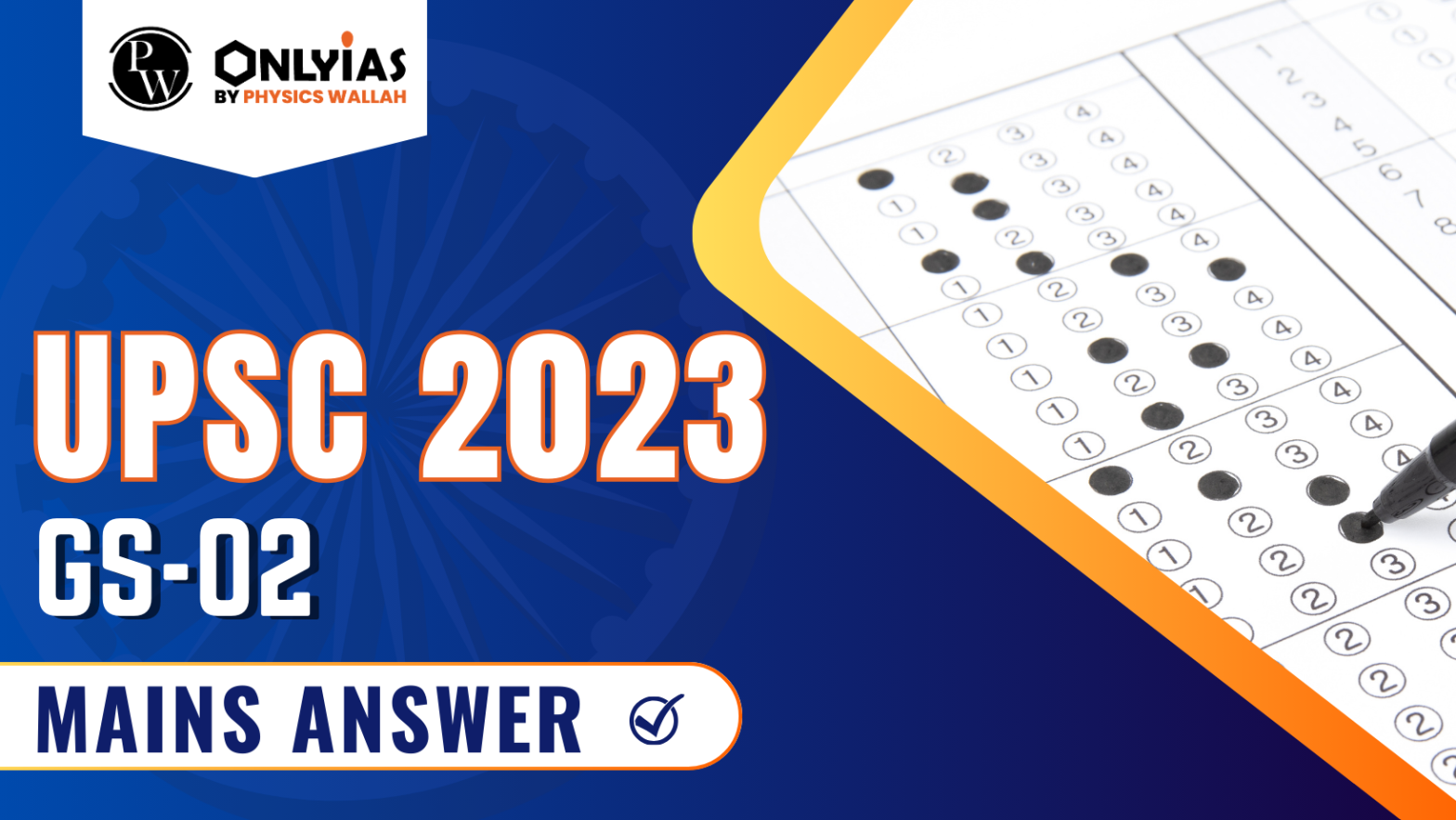Comment on the reluctance of Indian states to empower urban local bodies both functionally and financially. Analyze the implications of this reluctance for urban governance and development.

Q.3 “The states in India seem reluctant to empower urban local bodies both functionally as well as financially.” Comment.
| How to approach the question
Introduction ● Write about urban local bodies (ULBs) in India briefly Body ● Write how the states in India seem reluctant to empower urban local bodies functionally ● Write how the states in India seem reluctant to empower urban local bodies financially ● Write suitable way ahead in this regard Conclusion ● Give appropriate conclusion in this regard |
Introduction
Urban Local Bodies (ULBs), encompassing Municipalities and Municipal Corporations, were envisaged as the administrative units responsible for ensuring proper governance in urban areas, deriving their mandate from the 74th Constitutional Amendment Act, 1992. This amendment aimed to strengthen local self-governance in cities and towns.
Body
Reluctance to Empower ULBs Functionally
Reluctance to Empower ULBs Financially
Way Ahead
Conclusion
The vision of decentralized urban governance, as outlined in the 74th Constitutional Amendment Act, remains partially fulfilled due to the states’ reluctance to transfer both functional and financial powers to ULBs fully. Addressing this gap is crucial to foster self-reliant, efficient, and responsive urban local bodies, paving the way for sustainable and inclusive urban development in India.
| For a Detailed explanation of the UPSC GS-01 Mains question 2023, click here.
For a Detailed explanation of the UPSC GS-02 Mains question 2023, click here. For a Detailed explanation of the UPSC GS-03 Mains question 2023, click here. For a Detailed explanation of the UPSC GS-04 Mains question 2023, click here. |

<div class="new-fform">
</div>